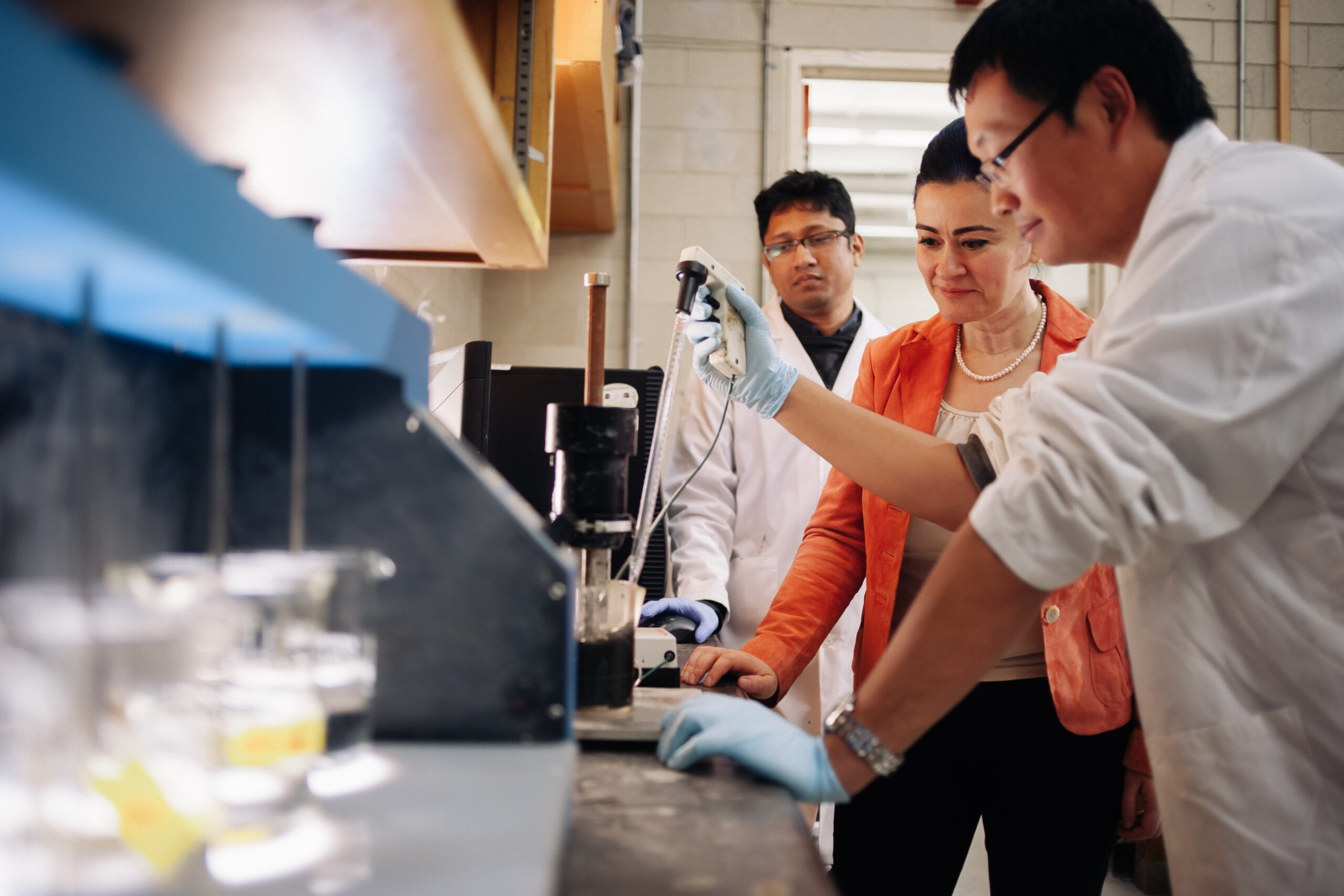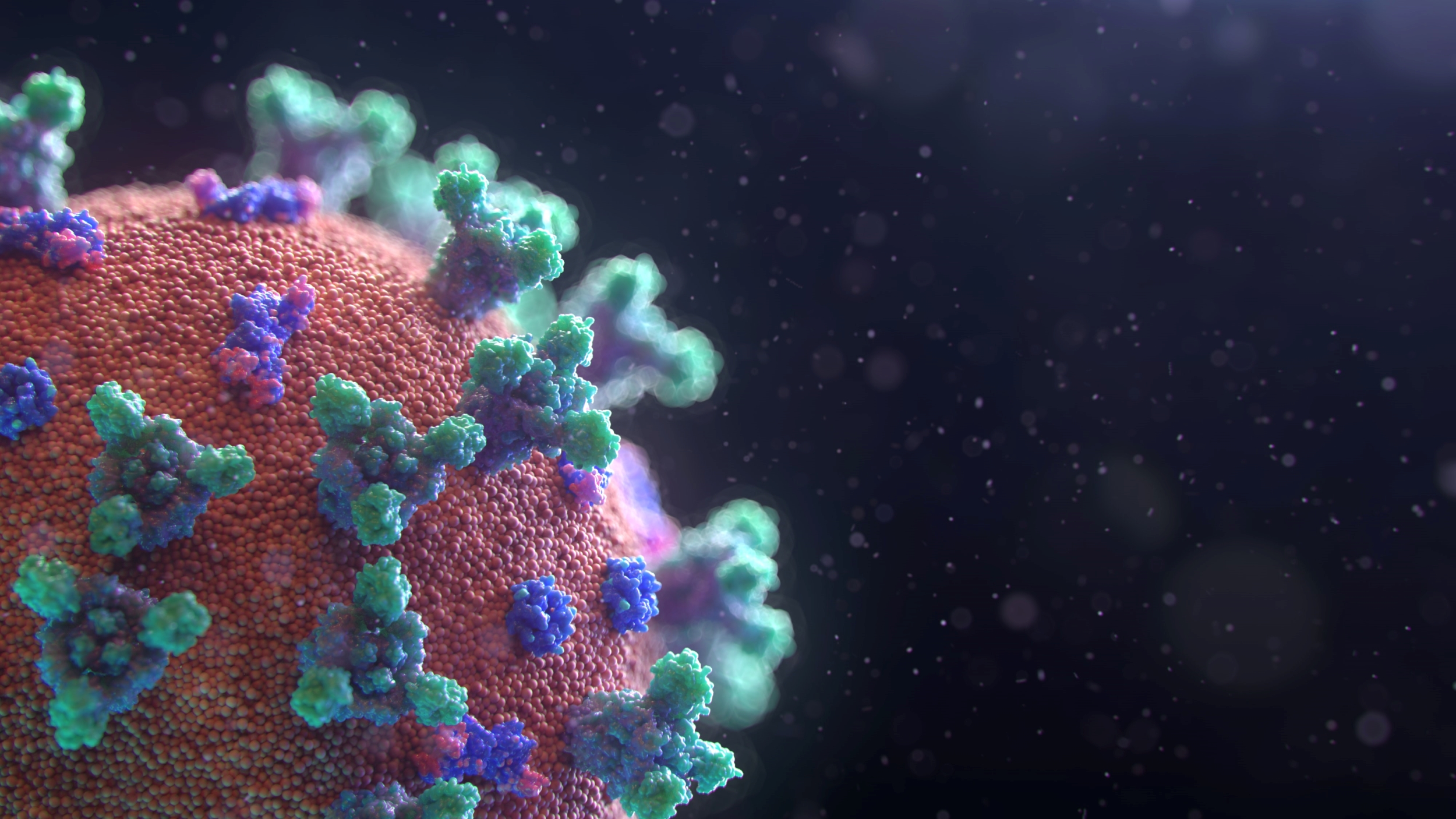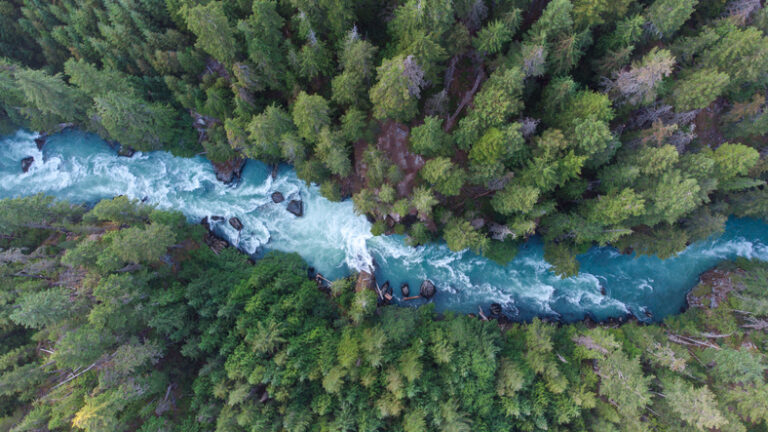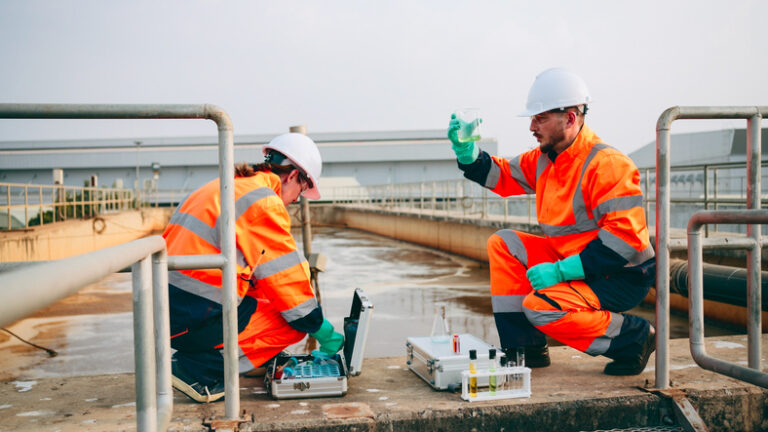Carleton University’s Dr. Banu Örmeci was recognized in the Academic Leader category of the 2021 Water’s Next Awards.
COVID-19 has brought many activities to a near halt. However, for Dr. Banu Örmeci, it’s been an opportunity to extend her water detection work from polymers and algae to microplastics and the SARS-CoV-2 virus itself.
Örmeci, professor of civil and environmental engineering at Carleton University in Ottawa, is perhaps best known for her research team’s work devising the only known real-time, in-line detection system to achieve polymer dose optimization.
“Polymers are widely used in water and wastewater treatment,” Örmeci says, describing the water-soluble chemicals, which aggregate particles within a suspension of water and solids, as both expensive and toxic to aquatic life and people.
“Measuring polymer concentration is very complex,” Örmeci explains. “In the lab, it takes us a week with an advanced set-up with expensive equipment.” While Örmeci’s team has already developed a system for treatment plants to measure concentrations in real time, efforts are now underway to automate the process without the routine involvement of plant personnel.
Örmeci and her team have also taken a similar approach with algae blooms, which are increasingly affecting Canadian waterways. “Basically, it’s the same technology (as polymer dose optimization). We’re just using a different wavelength to detect algae concentrations in real time.”
This measurement approach, designed to help water treatment plants monitor microalgae and cyanobacteria, has achieved commercialization with RealTech of Whitby, Ontario incorporating it into its UV-vis sensors. “We took the instrument and created a new application for them,” Örmeci says. “Before, they could not measure microalgae concentrations in real time, and now they can.”

In fact, the system goes beyond measuring algae concentrations, tackling additional yet related water parameters such as dissolved organic carbon and nitrogen. “That’s really important because algae grows in the presence of nutrients,” Örmeci says.
While the pandemic has interfered with many routine activities, Örmeci’s team has continued an Environment Canada and Climate Change funded project to detect and quantify microplastics in freshwater systems. “Plastics do not dissolve and disappear,” Örmeci says. “They break up into smaller and smaller pieces, and research shows the adverse impact of microplastics not only on aquatic systems but also on human health. So we’re helping Canadian companies develop products and technologies so they can detect microplastics in water and wastewater samples.”
Örmeci is even tackling the novel coronavirus. Her research group was among the first in Canada to work on wastewater-based epidemiology, monitoring virus levels in sewer systems in order to hasten the prediction of case numbers and spotting of trends.
Early results show strong correlations between sampling and case numbers in Ottawa. “It’s important to be cautious, but we are seeing very good correlations with case numbers, and we can detect it a bit earlier than the clinical tests,” Örmeci says.
While scientists and engineers can become isolated in their laboratories, Örmeci mentors female students at Carleton and organizes outreach events to convince young women in high school to consider careers in science and engineering. “A lot of girls who are really, truly interested in science and engineering and who would be so good at it are discouraged and never really explore it,” Örmeci says.
Perhaps some of those young women will follow in Örmeci’s footsteps and earn the recognition she and her research program have received from industrial partners, municipalities, utilities, and professional bodies worldwide.
This profile was written by Saul Chernos, a freelance journalist specializing in environmental issues, for the July/August 2021 issue of Water Canada.
The nomination period for the 2022 Water’s Next Awards is now open! Learn more about the awards here.









